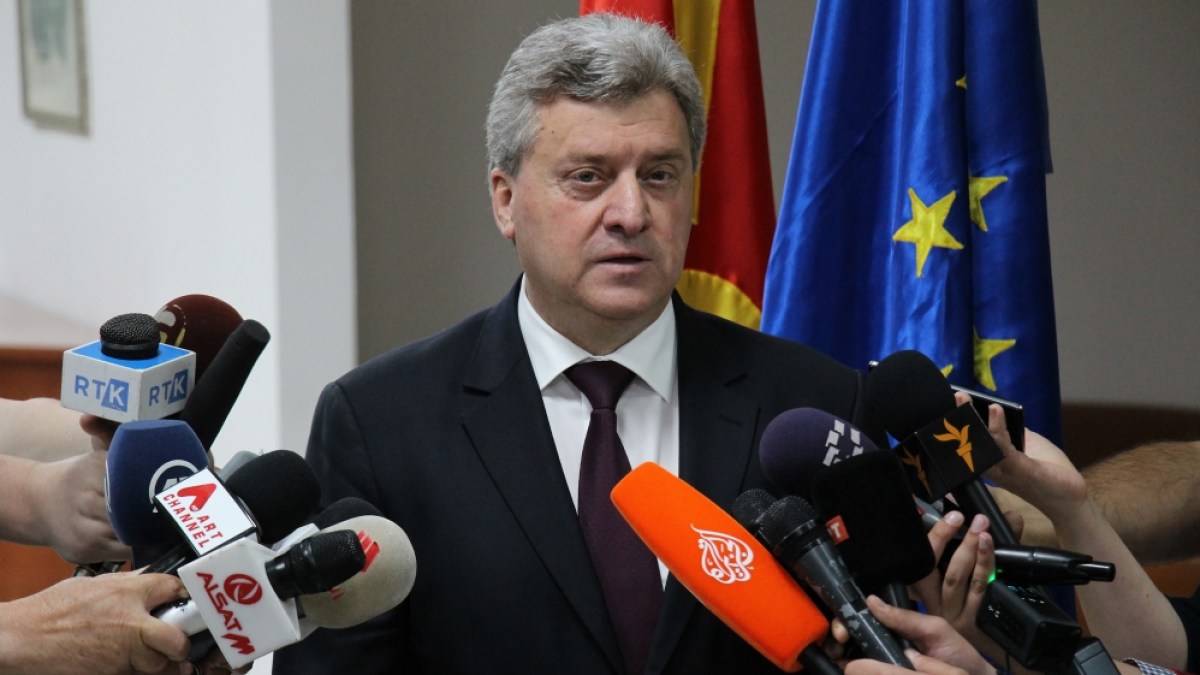"Voting in a referendum is a right, not an obligation," Ivanov told the UN General Assembly on Thursday.
"On September 30, I will not go out and vote and I know that you, my fellow citizens, will make a similarly wise decision."
"On September 30, I will not go out and vote and I know that you, my fellow citizens, will make a similarly wise decision."









Comment